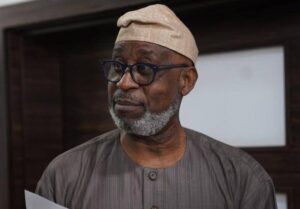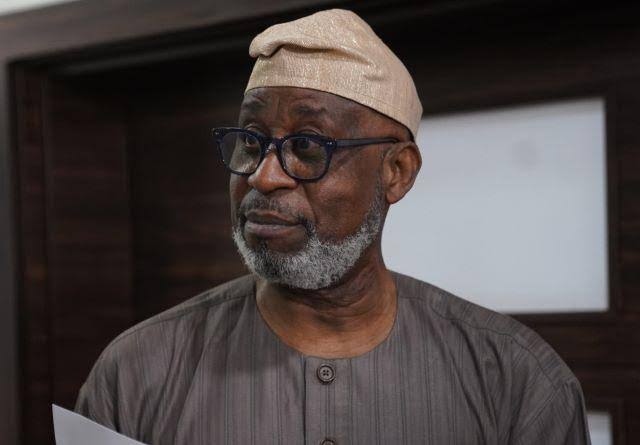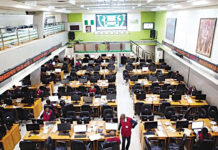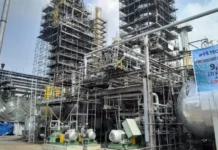The Minister of Solid Minerals Development, Dele Alake, on Monday, disclosed that Nigeria currently possesses a deposit of mineral products worth $750bn.
The minister revealed this at a two-day national stakeholders’ roundtable on sustainable development of the mining industry organised by the National Institute for Policy and Strategic Studies with the theme ‘Sustainable Development of the Mining Industry in Nigeria’ in Abuja.
Alake, who noted that the government is working to ensure the country becomes a promising investment destination for solid minerals development revealed that preliminary reports by a German firm, GeoScan, indicated that the nation is blessed with minerals worth a conservative amount of $750bn.
The summit, organised in partnership with Bruit Costaud was to brainstorm possible solutions to the issues faced in the mining sector.
Speaking in his address, Alake said the mining sector has the potential to contribute a large part of the nation’s goal to achieve a trillion-dollar economy as pushed by the current administration.
He, however, said the availability of data is important to attract investors that will establish plants in Nigeria to process the minerals and create a multiplier effect on job creation and economic growth.
Alake said, “We are working with the World Bank, Excalibur and GeoScan, a German company, to get the necessary data on the sector.

“That is why the federal government signed a memorandum of understanding with Geoscan and they did a preliminary survey of our minerals on the output and potential. They gave us a figure of $750bn worth of minerals embedded under the ground of Nigeria.
“That is a conservative estimate, by the time we conduct a serious, accurate data exploration, we will discover that we have trillions of solid minerals embedded under. So, the president’s projection of a one-dollar economy is not a fluke.
“By the time we are done with all of these efforts, input and policies we are putting in place, trillions of naira will be a child’s play and we will be nudging trillions of dollars.”
According to the minister, the government Is putting in place concrete measures that would shift attention away from fossil fuels to solid minerals.
Alake, while stating the ongoing reforms aimed at revitalising the sector, stressed the importance of preventing Nigeria from remaining solely a ‘pit-to-port’ exporter of solid minerals, with processing and conversion activities outsourced to other countries.
He also said that communities, where solid minerals are extracted from, must henceforth derive maximum benefit from solid minerals exploration.
The Minister added that part of its reform was the establishment of the Nigerian Solid Minerals Corporation.
He disclosed that the Committee on Solid Minerals Development had initiated the enactment of an act of the National Assembly on the Nigerian Solid Minerals Corporation, which would be a private sector-led limited liability company with a clear mandate of engaging in the business of mining across the entire value chain upstream to the downstream.
He said the company was expected to create some of the stability the sector requires and spur other private sector activity by catalysing investment inflow across the entire sector.
In his address, Governor Abdullahi Sule of Nasarawa State commended the ongoing reforms and emphasised that private investment in solid minerals was crucial for driving growth in the sector.
According to the governor, lithium is the new gold and that Nigeria has an abundance of it.
Sule added that the biggest lithium processing factory would soon be inaugurated to process 4,000 metric tonnes a day and transport over a million tonnes of lithium a year.
The Director General of NIPSS, Ayo Omotayo, said the summit was organised to chart a way forward for the mining sector.
He said, “We must do all we can to take our country to greater heights by ensuring that the critical mining sector contributes its share of a N1tn dollar economy in very few years ahead. The question is can we achieve the promise of a trillion-dollar economy if the mining sector performs optimally.”




